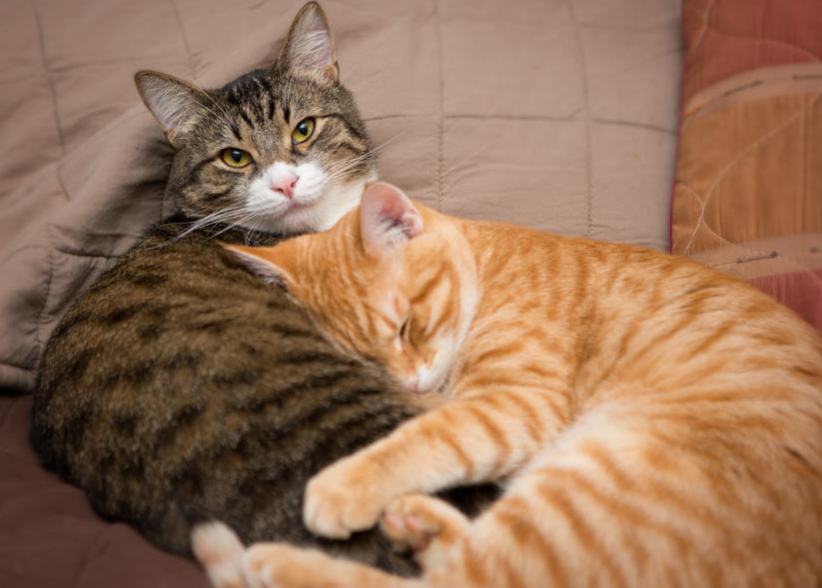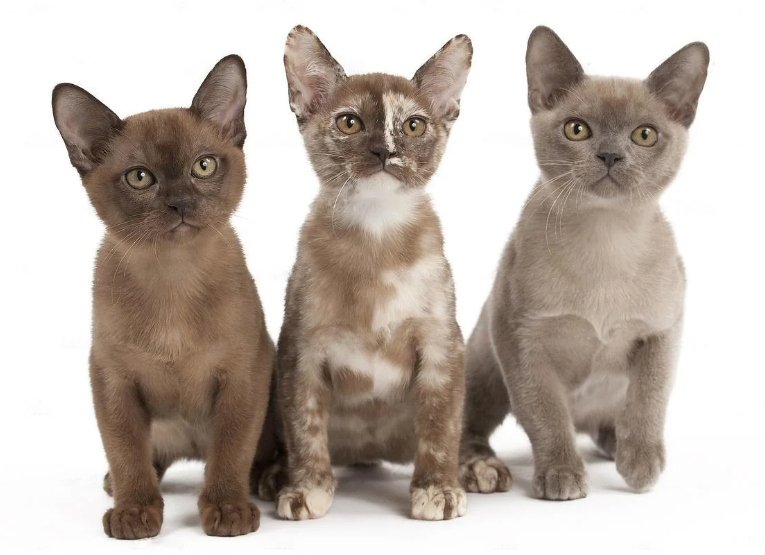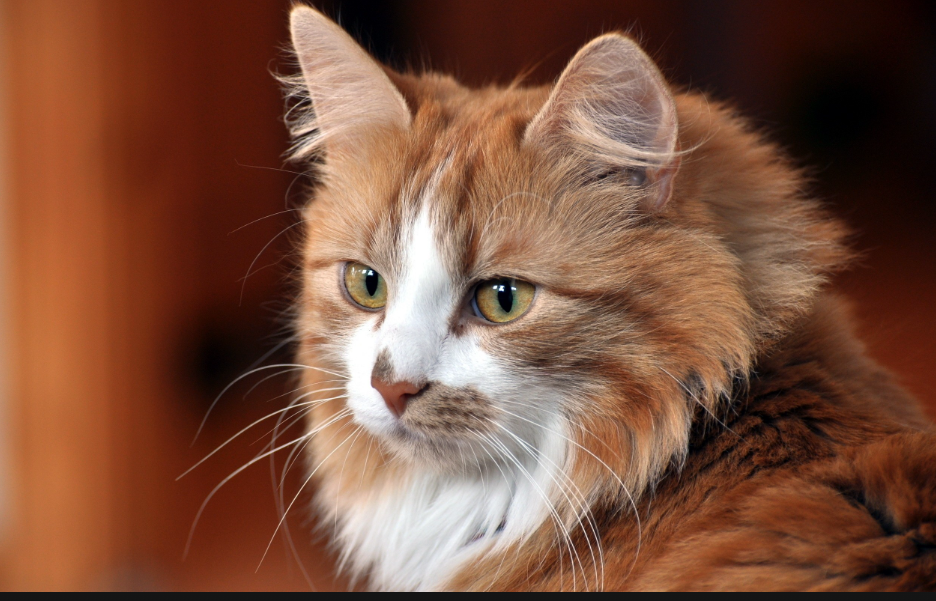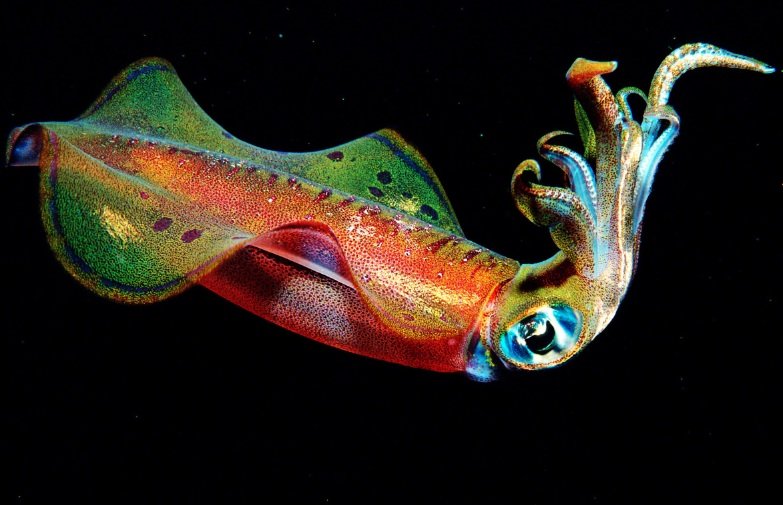
Intriguing facts about sleep patterns of Cats
Cats are notorious for having unusual sleep habits, and one of the reasons for this is that, being crepuscular creatures by nature, they prefer to sleep longer during the day than at night. Cats are more likely to be awake and aware around dawn and dusk, as these are the periods when crepuscular animals are most active. They could thus sleep for shorter lengths of time at night and make up for it by napping for greater durations of time during the day.
The evolutionary history of cats as nocturnal hunters
The fact that cats evolved to be predators is another factor contributing to their longer daytime naps. Because cats are expert hunters, they often catch their prey throughout the night. Cats that sleep during the day save up their energy for nighttime hunting, when their prey is more active. Their instincts have been conditioned to do this activity, which increases their chances of capturing prey.
Influence of natural light and environmental cues on cats’ sleep patterns
Cats are also very light-sensitive, and the quantity of light they get affects their sleep-wake cycle. Compared to humans, cats’ eyes have a greater number of light-sensitive cells, making them more sensitive to changes in light. Cats may find it easier to fall asleep during the day because their surroundings are brighter thanks to the increased amount of natural light. Cats may be more attentive and active at night since it’s darker outside, which means they sleep for shorter periods of time.
It is a common observation that cats tend to sleep longer during the day than at night
Cats are considered to be creatures of habit, and one of their most recognizable behaviors is how they sleep. Cats are renowned for their propensity for extended sleep cycles, often drifting out for hours at a time. But you may have observed that your cat sleeps longer during the day than it does at night. It’s well known that cats like to sleep, and they often spend hours at a time dozing off. But why do cats appear to sleep for greater periods of time during the day than at night? We will look at a few of the causes of this cat behavior below:
Their acute hearing and sense of smell allow them to navigate and hunt efficiently during the night
Cats’ innate instincts are a major factor in why they sleep longer throughout the day. Due to their crepuscular nature, cats are most active during dawn and twilight. Their wild predecessors, who were more active at these times to search for food, are the source of this behavior. Cats have thus evolved to sleep for extended amounts of time throughout the day in order to save energy for their active times.

Thermoregulatory abilities of cats and their preference for warmth
Temperature regulation plays another role in cats’ predilection for daylight sleep. It is well known that cats have a higher body temperature than humans and are more sensitive to heat. If they sleep throughout the day, they may locate cooler places to slumber and can relax while the temperature is higher. On the other hand, cats find it more pleasant to be active at night since the temperature is often lower
Hunting habits and survival instincts influence sleep patterns of cats
Cats have a strong sense of self-preservation and are inherently wary. By sleeping during the day, they may benefit from the security and protection that come with daylight. Because their eyesight is less clear at night than it is during the day, cats are more susceptible. Cats may make sure they are well-rested and vigilant when it comes to being active and vigilant by resting throughout the day.
Influence of human routines and activities on cats’ sleep-wake cycles
Due to their remarkable degree of adaptability, cats have modified their sleep habits to coincide with human timetables. Cats often sleep throughout the day to save energy since many cat owners are gone for work or other obligations. Cats are more likely to be alert and social when their owners get home in the evening.
How cats’ circadian rhythm differs from that of humans and other diurnal animals
Similar to humans, cats have circadian rhythms, which are internal biological clocks. These rhythms control a number of body processes, such as the sleep-wake cycle. Cats are naturally crepuscular; however, outside stimuli like light and human contact may significantly affect their circadian cycles.

The natural inclination of cats to be more active during the night
Cats may eventually modify their sleep habits to fit in with their humans’ schedules, which might result in more daytime naps. Cats often sleep longer during the day than at night for a variety of reasons. Their circadian cycles, safety concerns, inherent instincts, and ability to regulate body temperature all influence how they sleep. Knowing these things may make it easier for cat owners to recognize and meet their furry pals’ sleeping needs. Therefore, keep in mind that your cat’s curled-up, extended naps throughout the day are just a normal aspect of their activity the next time you see them.


